Preserving Yurakaré culture
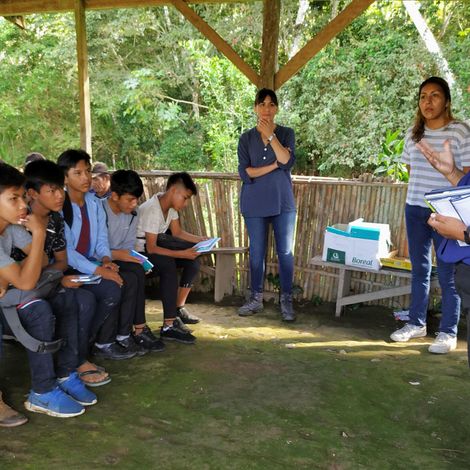
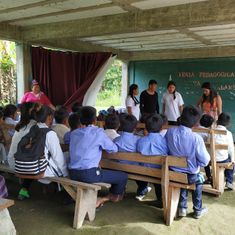
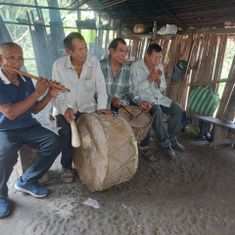
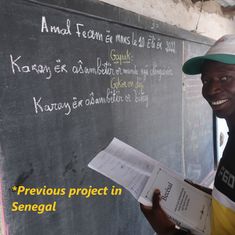
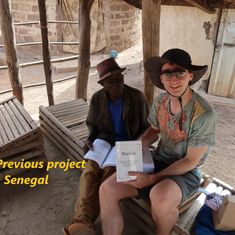
The Yurakaré people are an indigenous group native to the Bolivian tropical forests. They form a small community of only 2,500 people and they speak a unique language, which is also called yurakaré. The origin of their language is quite mysterious, as it appears not to be linked to any other language. Their traditional religion, their culture, and their ancestral knowledge of the medicinal use of tropical plants are also remarkably fascinating, although still largely unknown to scientists.
With the aim of preserving this heritage, this project aims at finishing and publishing the first yurakaré language dictionary. Among other things, the dictionary contains vocabulary referring to traditional medicine, nature, culture, and ceremonies. The goal of the project is twofold: (1) to help preserve the language and the traditional knowledge embedded in it, and, (2) to support the ongoing efforts to provide mother-tongue education to the community. In fact, the Yurakaré people have suffered from discrimination, displacement, and cultural loss for a long time. Their lands, culture, and traditions have been and still are threatened by a white and mestizo majority, and they still lack sufficient resources to promote their mother-tongue schools. Following the tradition, the fascinating ancestral knowledge and language of the Yurakaré have been transmitted orally from generation to generation, but now a written format is needed to preserve them.
My work will involve collaborating with the Yurakaré people for verifying the entries, improving the definitions, and adding missing examples, as well as help publish and distribute some copies of the dictionary. I will work alongside the Yurakaré leaders Mrs. Mercy Noé and Mr. Jeremías Ballivián Torrico, and I will be supervised by Prof. Rik van Gijn (Leiden University) and Prof. Vincent Hirtzel (CNRS), who started working on this dictionary 10 years ago.